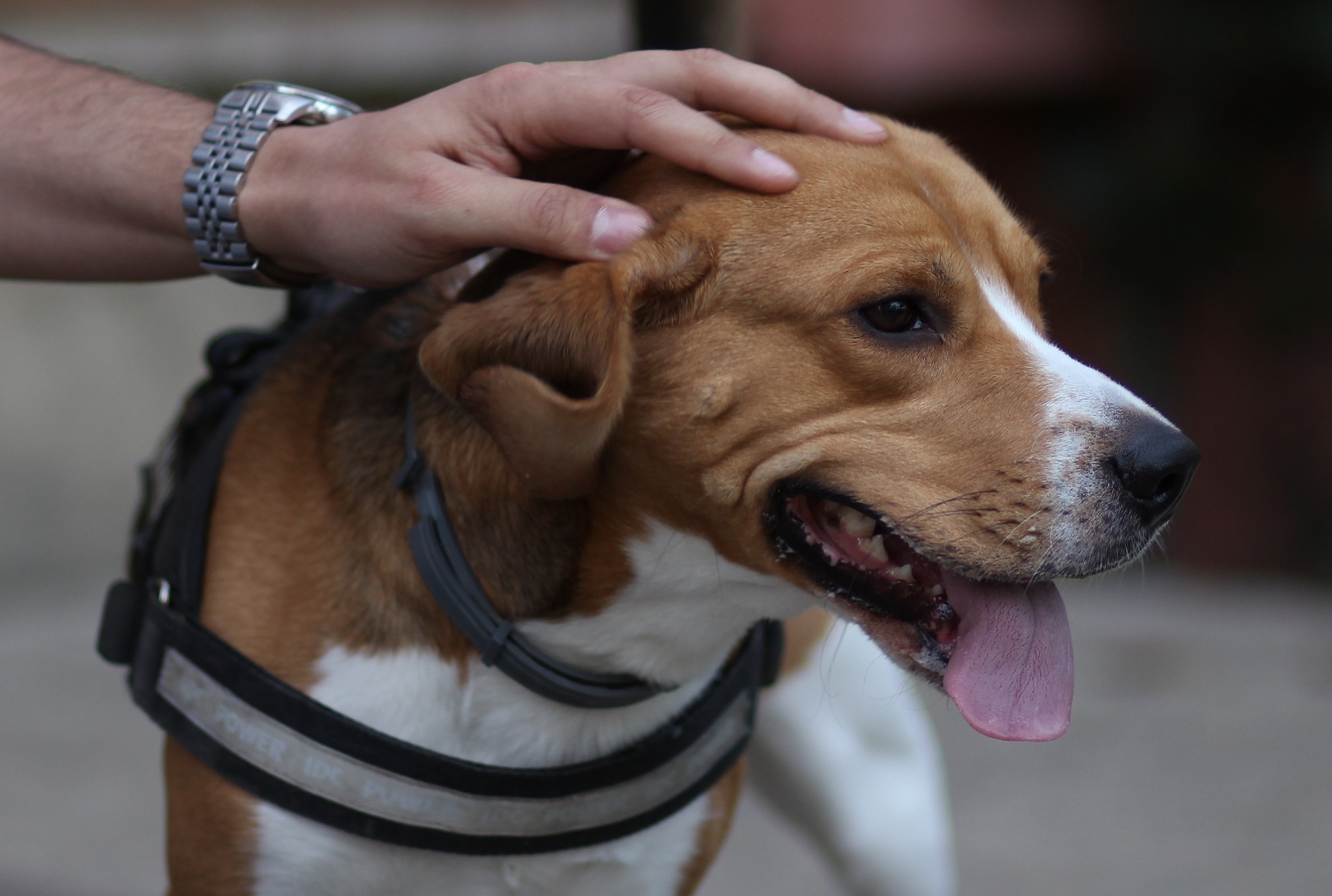Studies have shown that dogs can provide a great benefit in the field of therapy.
Dogs lower our blood pressure and reduce anxiety. Some therapy dogs can even determine when their owner is in medical danger, such as when blood sugar levels drop. Many assisted living facilities are adding pet therapy to their activities, and dogs are being used to help autistic children to relate to the world. From young to old, we all benefit from the love, loyalty and companionship which dogs so freely offer us. If you are looking for a dog to help with mental health issues which you or a loved one may be dealing with, here are some of the best breeds for therapy dogs.

Therapy Dogs – Small Breeds
1. Beagle: This friendly and lovable hound is great with children and in large households. Beagles are often used in children’s hospitals, when they can be properly trained. This scent-seeking hound is also used in blood sugar detection.
2. Chihuahua: This breed is one of the best choices for people who require a therapy animal, but do a lot of traveling. Their small size allows for them to live in almost any type home or camper. Chihuahua’s are usually friendly and love people.
3. Bichon Frise: Because this popular breed doesn’t shed, they are easy to bring into stores, hospitals, or restaurants. Happy and playful, they make wonderful companion animals for seniors, but generally don’t do well around children.
4. Poodle:Poodle:Poodle: Some varieties of poodles are considered small breed, and their intelligence makes them excellent therapy dogs. They are well behaved and generally act as expected no matter where they are.
5. Yorkshire Terrier: These little heroes can be trained to fetch medications or push an alert button, and are considered brave and loyal. While their small size and curious demeanor makes them well-suited for therapy programs, they may need obedience training to deal with their strong will.
6. Pomeranian: Homebound patients and shut-ins should consider a Pomeranian. The breed is calm, a bit lazy, and loves to lounge around getting attention. Because they require less exercise than many dogs, their homebound owners can feel at ease.
Other small breeds which can be considered for therapy animals are Corgis, Bulldogs, Spaniels, Greyhounds and Pugs.
Therapy Dogs – Larger Breeds
1. Saint Bernard: These large dogs were bred to lend assistance to humans, and they are good at it. Their traditional job was rescuing stranded travelers, but their friendly and affectionate nature is perfect for people who want a big teddy bear of a pet.
2. Airedale Terrier: These elegant animals are often used as guide dogs for the visually impaired. These animals need a lot of exercise, so are perfect for leading their owners throughout the day. These terriers can also be trained to fetch important medications, supplies or daily items.
3. Irish Setter: This friendly dog loves being the center of attention, and will return any affection it receives. Because they are very intelligent and easy to train, they make excellent therapy dogs in a wide range of situations. The only caveat is that they are too large for apartments or condos, and should have access to a yard to roam and play.
4. German Shepherds: These dogs are fiercely loyal, and are not distracted from their owners easily. They are great guard dogs, and capable guide dogs. Because they are not great with strangers, they may need some socialization training if in a shared living situation.
Other large breed dogs you may wish to consider include Rottweilers, Golden Retrievers, Sheepdogs and Collies.
No matter the dog you choose, if you are looking for a caring and capable Sarasota or Bradenton trainer, call Gulf Coast K9 Dog Training.




